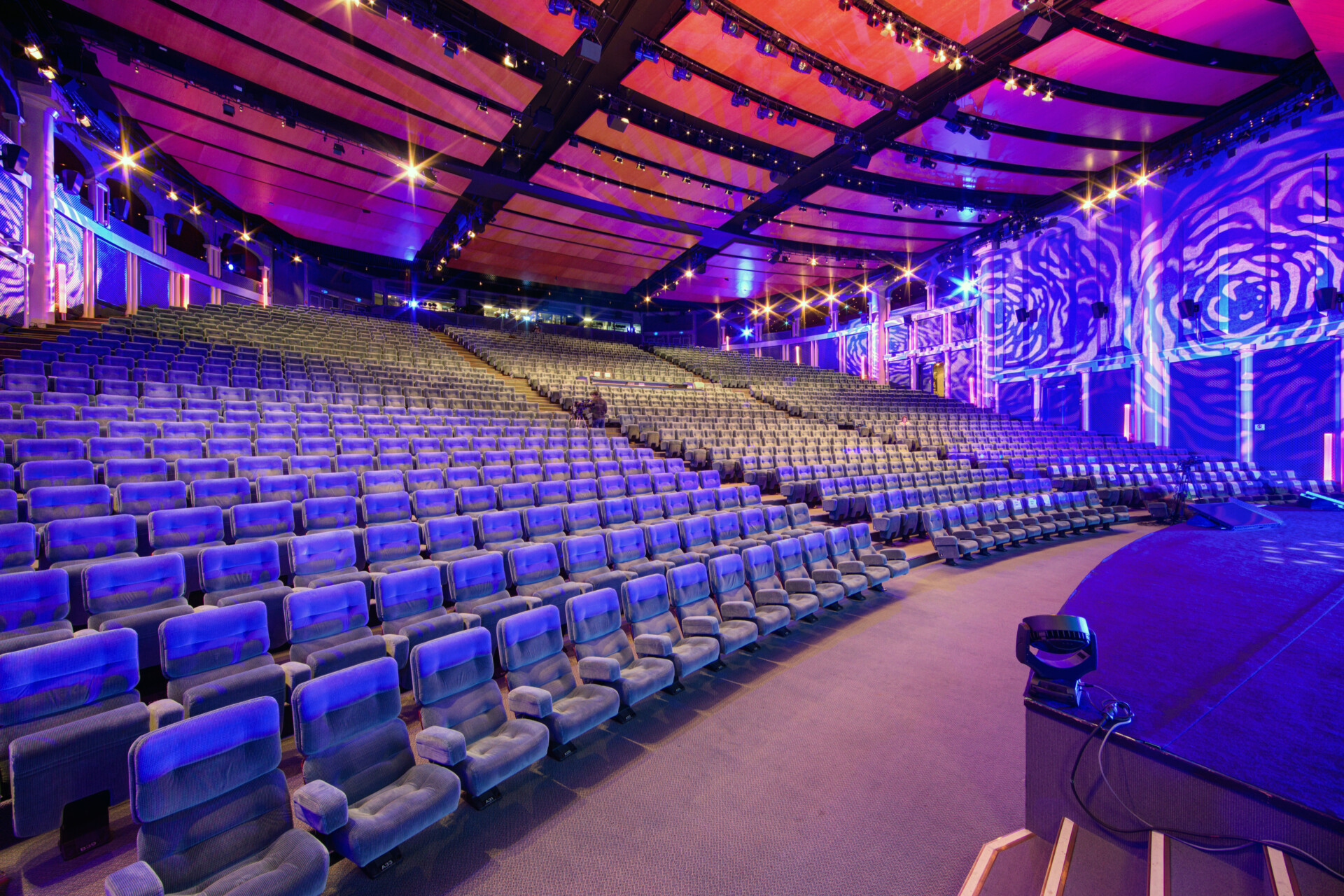Keys to successful convention budgeting

Organizing a convention is a complex task that requires careful planning, especially when it comes to budgeting. Effective financial management is crucial to the success of your event. Rigorous financial management of your convention will enable you to meet your commitments to participants, partners and suppliers. To achieve this, there are a number of steps you need to follow in order to draw up a detailed and realistic provisional budget.
Determining event objectives and resource
To draw up a budget for a convention, it’s essential to determine the objectives you want to achieve with the event. Expenditure and income must be consistent with these objectives. Possible resources that can contribute to financing the convention include :
- Participant registrations
- Partnerships and sponsors
- Public or private subsidies
- Sales of related products (goodies, merchandising)
In short, before you start creating a budget, it’s essential to define clear objectives for your convention. What are the expected results? Who is your target audience? These objectives will help you determine budget priorities and allocate resources appropriately to ensure the success of your convention.
Identifying and estimating expenses
Once you’ve identified your objectives and financial resources, you’ll need to identify and estimate all the expenses inherent in organizing your convention. List all potential sources of funding for your convention. This may include participant registration fees, sponsors, grants, exhibition stand sales, donations, and other possible sources of income. Having an overview of these sources will enable you to estimate the total budget more accurately.
Identification of overheads for your congress
- Communication and promotion : creation of media (posters, flyers), purchase of advertising space, mailings, etc.
- General operating costs : equipment rental, insurance, taxes, bank charges, etc.
- Fees and remuneration : payment of speakers, salaries of temporary staff, etc.
Identify specific costs related to the event location
- Venue rental : it’s important to take into account the cost of renting space (auditorium, exhibition hall, amphitheaters, workshop rooms), as well as interior and exterior fittings (stands).
- Audiovisual equipment : rental of video projectors, sound systems, lighting, etc.
- Food and beverages : to ensure the comfort of participants, a budget is required for catering and coffee breaks.
- Transport and accommodation : these expenses are often required for speakers and organization staff.



Preparing your budget
Armed with all this information, you can now draw up your budget. You must then ensure that it complies with certain rules to guarantee its consistency and accuracy:
- Check that total income is greater than or equal to total planned expenditure, to reduce the risk of a deficit.
- Adapt the cost of registration to the target audience and the services offered, while seeking to cover fixed costs.
- Update your budget regularly as factors likely to influence revenues and expenses become clearer.
Identify all anticipated expenses for the convention, from venue rental, food and beverages, marketing costs, speaker fees, staff costs, technology, and so on. Be realistic in your estimates, and allow for contingencies.
Prioritize convention expenses
Once you have a complete list of expenses, prioritize them. Some expenses are essential to the success of the event, while others can be reduced or eliminated if necessary. Concentrate your resources on what’s really important to achieve your objectives.
Budget management and monitoring
During the convention organization phase, it’s important to keep a close eye on the budget. To do this, you need to :
- Ensure that all expenses are properly accounted for and charged.
- Check that revenues are in line with initial estimates, and monitor their collection.
- Regularly compare the projected budget with the actual budget, so as to detect and quickly rectify any financial drift.
Cost management is essential to avoid budget overruns. Look for ways to reduce costs without compromising the quality of the event. Negotiate with suppliers, examine contracts carefully, and look for more economical alternatives wherever possible.
Monitor and control the budget
Once the convention is underway, make sure you keep a close eye on expenses and income in real time. This will enable you to react quickly to budget deviations and take corrective action if necessary. Regular budget monitoring is essential to stay on track.
The importance of an event budget template
To facilitate the creation of a conference budget, it can be beneficial to have an easily adaptable template designed to anticipate the specific needs of professional events. Such a model should take into account
The possibility of integrating all the categories of expenditure and revenue mentioned above.
The fact that it can be customized according to the type of event (congress, seminar, symposium) and its specific features.
It’s easy to use, so you can update the budget quickly and easily as the event unfolds.
Use a spreadsheet or budgeting software to create a detailed budget listing all anticipated expenses and income. Make sure the budget is balanced, i.e. that income covers expenses. Revise it regularly as new information becomes available or circumstances change.
Evaluating your budget after the event
After the convention, carry out a comprehensive financial evaluation to analyze what went well and what could have been done differently. Use this information to improve budget management for future conventions.
Convention budget management is a key element in the success of a professional event. Successful budgeting is based on accurate anticipation of income and expenditure, as well as rigorous monitoring to avoid financial drift. The essential tool for serenely managing this crucial aspect of event organization is a budget forecast template tailored to your needs.